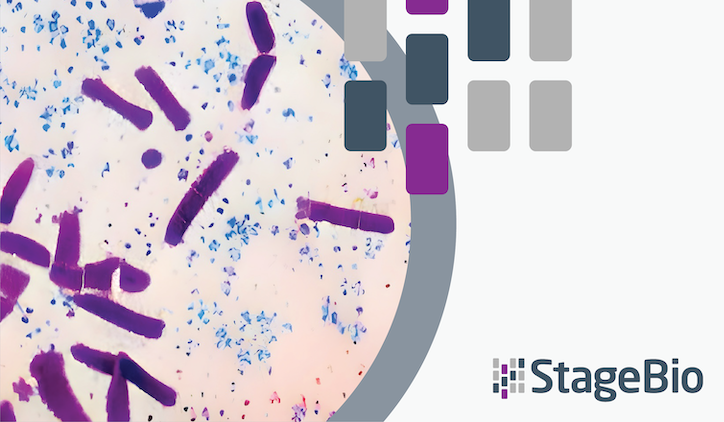To better understand the role that the microbiome plays in the formation of gastrointestinal (GI) diseases among captive marmosets, StageBio senior pathologist Dr Sureshkumar Muthupalani partnered with researchers to study a novel GI syndrome, which is characterized by duodenal ulcers and strictures, first observed in marmosets maintained at Massachusetts Institute of Technology that were sourced from the New England Primate Research Center.
During the study titled “Alterations in common marmoset gut microbiome associated with duodenal strictures,” Dr. Muthupalani and his co-authors compared the gut microbiome of 21 marmosets diagnosed with the GI syndrome to the microbiome of 52 healthy, non-stricture marmosets. However, no significant changes were observed when using alpha diversity metrics. Additionally, results in the team’s beta diversity comparison were inconclusive.
Fortunately, the researchers found success when identifying microbial and serum biomarkers to classify stricture cases. To do so, they used machine learning algorithms to classify microbiome, serum chemistry, and complete blood count data. Out of the machine learning models developed, the model using the random forest (RF) method proved to be the best suited based on accuracy and kappa metrics. The researchers used the RF model to classify stricture cases and analyze those classifications alongside ANCOM results also obtained during the study. The combined data allowed Dr. Muthupalani and the team to identify Clostridium perfringens—a known GI toxin—as a potential causative agent associated with the development of strictures.
The study details the following findings:
- Stricture marmosets had markedly different microbiomes compared to non-stricture marmosets
- The Clostridium bacteria species was identified based on sequencing reads
- Stricture marmosets exhibited increased abundance of C. perfringens and decreased levels of Anaerobiospirillum
For an in-depth look at the study’s data and findings, download and read “Alterations in common marmoset gut microbiome associated with duodenal strictures.”
About StageBio
StageBio is a leading provider of GLP-compliant necropsy, histology, pathology, and specimen archiving and biorepository services for the biopharmaceutical, medical device, academic, and contract research industries. The company operates four GLP laboratories as well as three GLP specimen archiving facilities in the U.S., along with one GLP laboratory in Europe. StageBio will continue to make investments in facility and technology infrastructure to meet the growing demand for high-quality histopathology services globally. StageBio has a team of 30+ board-certified veterinary pathologists and more than 100 laboratory technicians on staff supporting our unified commitment to quality, scientific integrity, and client satisfaction. Learn more at stagebio.com.
